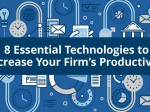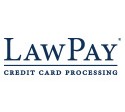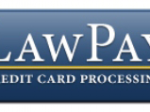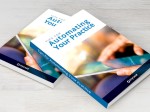3 Creative Ideas for Building Your Practice Online in 2021
Believe it or not, we’re already three months into 2021. What are your goals for this year? What strategies, processes, and tools can you put in place now to stand out and expand your practice in the months to come?
Now is an ideal time to reflect on your long-term growth strategy, as well as your opportunities to do even better for the people you serve.
Here are a few creative and cost-effective ideas for improving how you communicate with clients, deliver legal services, and continue growing your practice this year:































